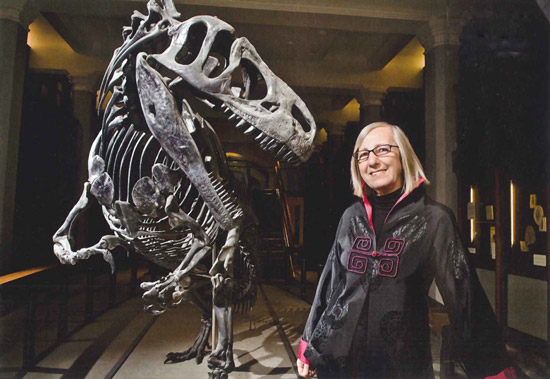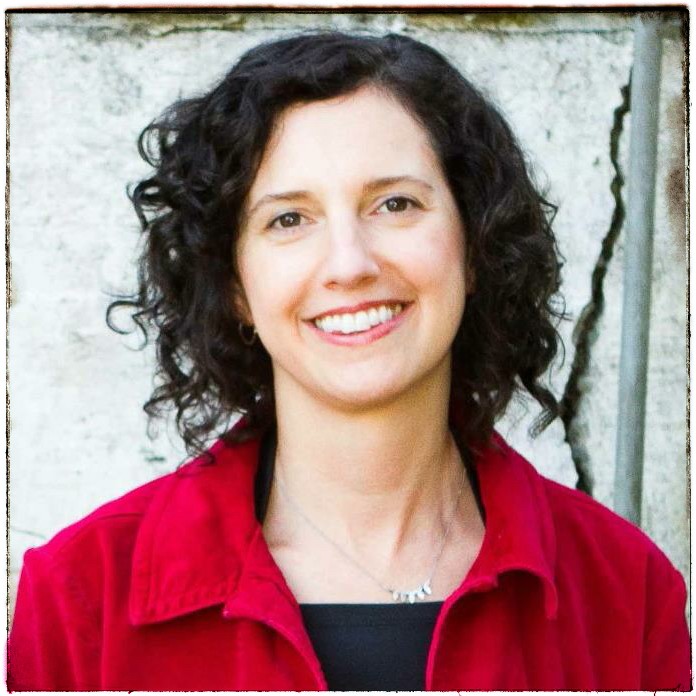An invaluable guide to the underlying machinery and technology that controls modern society – and a roadmap to navigate it. Foreword by social psychologist, Jonathan Haidt, author of The Righteous Mind.
OUTRAGE MACHINE:
How Tech Amplifies Discontent and Disrupts Democracy―And What We Can Do About It
by Tobias Rose-Stockwell
Legacy Lit/Hachette US, July 2023
(via Park & Fine)
 Throughout history, new technologies have disrupted our capacity to make sense of the world, from the printing press to the telegraph, from radio to television. OUTRAGE MACHINE explores the serious recent disruption caused by social media, and how it has triggered an urgent society-wide crisis of trust. Drawing from deep historical context, as well as cutting-edge research, author, designer, and media researcher Tobias Rose-Stockwell shows how social media has bound us to an unprecedented outrage machine, training us to react rather than reflect, and attack rather than debate.
Throughout history, new technologies have disrupted our capacity to make sense of the world, from the printing press to the telegraph, from radio to television. OUTRAGE MACHINE explores the serious recent disruption caused by social media, and how it has triggered an urgent society-wide crisis of trust. Drawing from deep historical context, as well as cutting-edge research, author, designer, and media researcher Tobias Rose-Stockwell shows how social media has bound us to an unprecedented outrage machine, training us to react rather than reflect, and attack rather than debate.
Rose-Stockwell expertly illustrates how social media platforms were unintentionally designed to reward outrage and penalize tolerance, leading to distorted public conversations that live at the extremes and deepen political divisions. Pulling from extensive personal experience in tech and media, he exposes the triggers and tactics used to exploit our anger, unpacking how these technologies hack our deep tribal instincts and cognitive biases. These tools have now become opportunistic platforms for authoritarians and a threat to democratic norms everywhere.
But this book is not just about the problem. OUTRAGE MACHINE situates social media within a historical cycle of intense conflict and emerging tolerance. Using clear language and powerful illustrations, this book reveals the magnitude of the challenges we face, while offering realistic solutions and a promising pathway out.
Tobias Rose-Stockwell is a renowned media researcher and strategic advisor to Jonathan Haidt’s organization, OpenMind. Tobias’s work has been featured in major outlets such as The Atlantic, FastCompany, Quartz, Medium, NPR, the BBC, and many others. In his role as a media researcher, he has advised the directors of Gannett, one of the largest news organizations in the country, and was also a guest lecturer at Stanford University. He has been honored with the Unsung Hero Award by the 14th Dalai Lama for his work helping to rebuild essential infrastructure in Cambodia. Tobias lives in New York.
Jonathan Haidt is the Thomas Cooley Professor of Ethical Leadership at New York University’s Stern School of Business. He is the author of The Happiness Hypothesis: Finding Modern Truth in Ancient Wisdom. He lives in New York City.

 Over the last few centuries, humans have successfully unraveled much of the language of the universe, exploring and defining formerly mysterious phenomena such as electricity, magnetism, and matter through the beauty of mathematics. But some secrets remain beyond our realm of understanding—and seemingly beyond the very laws and theories we have relied on to make sense of the universe we inhabit. It is clear that the quantum, the world of atoms and electrons, is entwined with the cosmos, a universe of trillions of stars and galaxies…but exactly how these two extremes of human understanding interact remains a mystery. WHERE DID THE UNIVERSE COME FROM? and Other Cosmic Questions allows readers to eavesdrop on a conversation between award-winning physicists Chris Ferrie and Geraint F. Lewis as they examine the universe through the two unifying and yet often contradictory lenses of classical physics and quantum mechanics, tackling questions such as: Where did the universe come from? Why do dying stars rip themselves apart? Do black holes last forever? What is left for humans to discover?
Over the last few centuries, humans have successfully unraveled much of the language of the universe, exploring and defining formerly mysterious phenomena such as electricity, magnetism, and matter through the beauty of mathematics. But some secrets remain beyond our realm of understanding—and seemingly beyond the very laws and theories we have relied on to make sense of the universe we inhabit. It is clear that the quantum, the world of atoms and electrons, is entwined with the cosmos, a universe of trillions of stars and galaxies…but exactly how these two extremes of human understanding interact remains a mystery. WHERE DID THE UNIVERSE COME FROM? and Other Cosmic Questions allows readers to eavesdrop on a conversation between award-winning physicists Chris Ferrie and Geraint F. Lewis as they examine the universe through the two unifying and yet often contradictory lenses of classical physics and quantum mechanics, tackling questions such as: Where did the universe come from? Why do dying stars rip themselves apart? Do black holes last forever? What is left for humans to discover? World-renowned geologist and paleontologist Gerta Keller is at the center of what has been called the nastiest feud in science, a contentious debate popularly known as “The Dinosaur Wars” over what triggered the fifth mass extinction at the end of the Cretaceous Era sixty-six million years ago. Dinosaurs have enthralled us for generations, and the question of what caused their demise is more relevant than ever, as humankind confronts the paroxysms of an imperiled planet and the possibility that we may become the dinosaurs of the sixth extinction.
World-renowned geologist and paleontologist Gerta Keller is at the center of what has been called the nastiest feud in science, a contentious debate popularly known as “The Dinosaur Wars” over what triggered the fifth mass extinction at the end of the Cretaceous Era sixty-six million years ago. Dinosaurs have enthralled us for generations, and the question of what caused their demise is more relevant than ever, as humankind confronts the paroxysms of an imperiled planet and the possibility that we may become the dinosaurs of the sixth extinction. There is the initial pain of loss, and then there is the grieving. We have long assigned grief to the realm of nebulous emotions, but we now know that the brain creates those emotions in response to many outside factors. Neuroscientist Mary-Frances O’Connor has been studying the effects of grief on the brain and body for more than twenty years, and the clues she has found as to how we cope with loss turn out to be rooted in how we fall in love. In THE GRIEVING BRAIN, she explores this new territory and explains what happens inside the brain when we become attached to another and then lose that loved one—and why it can be so difficult to imagine a future without them. (Hint: Sometimes the brain leads us to believe the death is just not true.)
There is the initial pain of loss, and then there is the grieving. We have long assigned grief to the realm of nebulous emotions, but we now know that the brain creates those emotions in response to many outside factors. Neuroscientist Mary-Frances O’Connor has been studying the effects of grief on the brain and body for more than twenty years, and the clues she has found as to how we cope with loss turn out to be rooted in how we fall in love. In THE GRIEVING BRAIN, she explores this new territory and explains what happens inside the brain when we become attached to another and then lose that loved one—and why it can be so difficult to imagine a future without them. (Hint: Sometimes the brain leads us to believe the death is just not true.) WATER ALWAYS WINS makes clear that we need to fundamentally rethink our relationship with water. We must embrace the reality that we are an integral part of nature and need learn to live in harmony with these forces that we cannot conquer. This requires humility, not arrogance; collaboration, not aggressive control and setting a goal, which is to determine what water wants and figure out a how to make way for it, while protecting and securing our lives. The overarching theme is that such a mindset is essential in all our dealings with every aspect of nature, if we want our planet to survive. As Erica Gies so beautifully states, water is life, it “flexes with the rhythms of the earth, expanding and retreating in an eternal dance upon the land.”
WATER ALWAYS WINS makes clear that we need to fundamentally rethink our relationship with water. We must embrace the reality that we are an integral part of nature and need learn to live in harmony with these forces that we cannot conquer. This requires humility, not arrogance; collaboration, not aggressive control and setting a goal, which is to determine what water wants and figure out a how to make way for it, while protecting and securing our lives. The overarching theme is that such a mindset is essential in all our dealings with every aspect of nature, if we want our planet to survive. As Erica Gies so beautifully states, water is life, it “flexes with the rhythms of the earth, expanding and retreating in an eternal dance upon the land.”